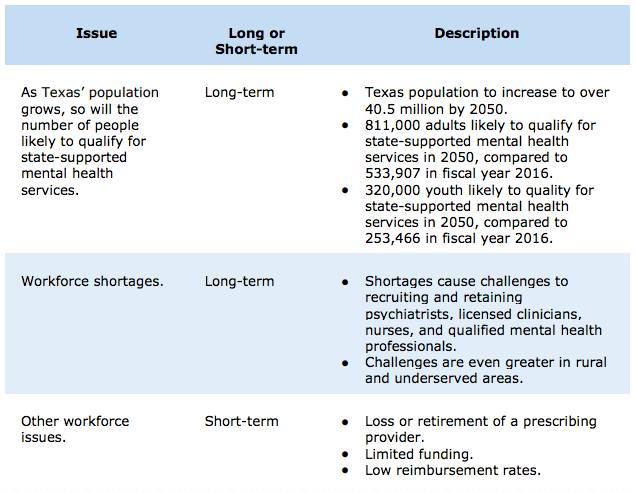


He recently addressed the CEO Forum in Dallas and traveled to New Haven for another installment in the ongoing conversation about ethics he has been having for eight years with a group that calls itself the Greenwich Leadership Forum.įinally, there’s Miller’s own academic research into the scope and nature of the Faith at Work movement. Third, Miller takes his show on the road, lecturing to business associations and groups of CEOs on ethics, faith, and work. 11 victims and, more recently, of overseeing claims paid to victims of the BP oil spill. 11, 2001, in the light of his Catholicism, as well as Ken Feinberg, who has had the excruciating job of parceling out compensation to the families of Sept. Since then, speakers have included Jimmy Dunne of Sandler O’Neill, who discussed his firm being one of the hardest-hit World Trade Center companies on Sept. His first visitor was Sherron Watkins, who became one of Time magazine’s three People of the Year in 2002 for blowing the whistle on Enron.
#PRINCETON BEHAVIORAL HEALTH WAITINGLIST SERIES#
Second, there’s “Ethics in Action in the Executive Suite,” the series of public conversations that Miller conducts at Princeton with top executives from around the country.

We were excited to talk about these questions.” “We’d talk all the way to lunch and then right through it. “The class would end just before lunch,” recalls Emmy Ill ’10, who’s now working in public relations in New York City. Perhaps it’s a reflection of the times, but students are eager to discuss such questions - the course has a waiting list of about 50 and gets rave reviews. First is the popular class Miller teaches as a lecturer in the religion department, “Business Ethics and Modern Religious Thought,” which takes a case-study approach to business ethics by looking closely at scandals like Enron and ethical dilemmas like profits from vice. The Faith and Work Initiative has four main areas of focus. “And it has continued to promote coincident values, like serving, caring, and selflessness. “Princeton has a faith-based tradition,” he says, referring to its Presbyterian origins. But Melrose sees it both as practical ethics training for students who may be going into business and, just as significantly, as an expression of some of the University’s oldest and most cherished values. It might seem odd that Princeton, which has neither a business school nor a divinity school, should care about this seemingly arcane area of workplace psychology. Called the Princeton University Faith and Work Initiative (FWI), it was created in 2009 under the auspices of the University’s Center for the Study of Religion with the help of a gift from Ken Melrose ’62, the former CEO of the Toro Co., who now leads a company that promotes a leadership style based on service to others. He is the director of an unusual but successful Princeton program that studies the role faith plays in the workplace and as the basis for ethical business practices. No one knows this better than Miller, who has been studying the issue for more than a decade. “And surprise, surprise: They’re realizing that someone who is healthy in the broadest sense of the term is going to be a better employee.” “The new model is that companies are now thinking: How do I treat my people holistically?” Miller says. It wasn’t just their faith that they were expected to check at the door: It was their gender, sexual preference, and politics, too.īut things are changing. This split existence, which some refer to as the Sunday-Monday gap, was the price employees paid in exchange for a job a generation ago: You were one person at your place of worship on Friday, Saturday, or Sunday, and another, living by a different set of values, come Monday morning. At work you should avoid any subject that is likely to turn people off, no matter how important or central it is to your identity, your self-worth, or what makes you tick.’” But in the 32 years that have passed - the first 16 of them spent in international business and finance, the rest in academia studying the question of how faith might operate in the workplace - Miller has come to understand what was being asked of him that day: “What he was really saying was, ‘Don’t bring your whole self to work. If Miller questioned those words at the time, he doesn’t remember it now. Customers want solutions to their business problems, not their spiritual problems.” David Miller has no trouble recalling the advice he was given as an IBM trainee fresh out of college in 1979: “Whatever else you learn here,” the instructor cautioned, “just don’t forget - religion and business simply don’t mix.


 0 kommentar(er)
0 kommentar(er)
